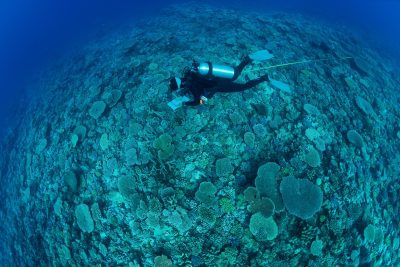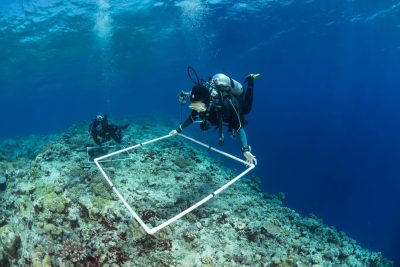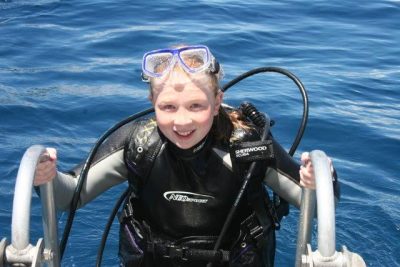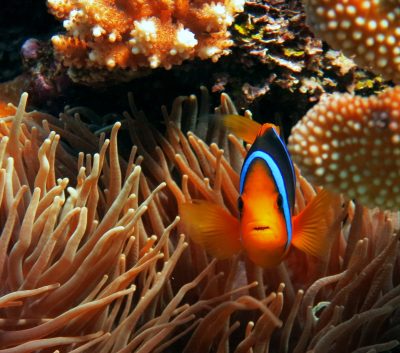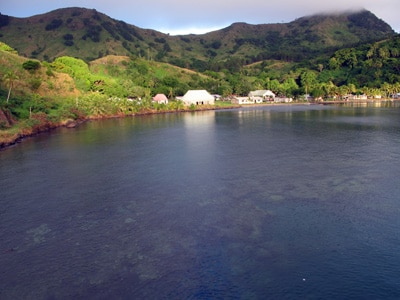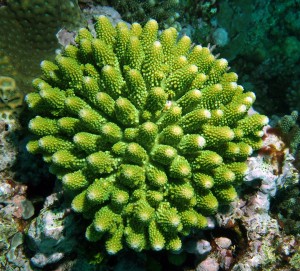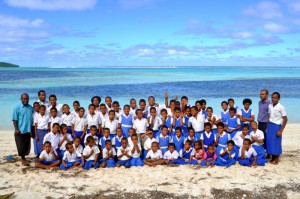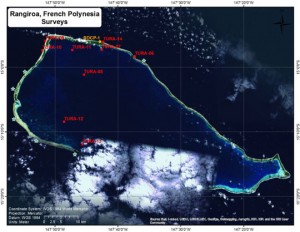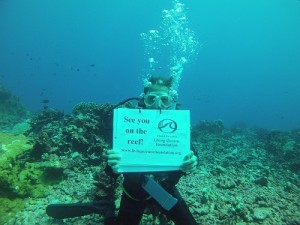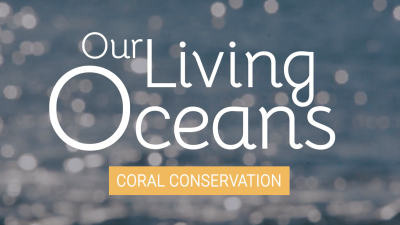
Coral Conservation: A new episode of “Our Living Oceans” on EarthxTV
What are marine protected areas, and how can they help protect our coral reefs? Where are they working, and what makes them effective? Find out in the latest episode of “Our Living Oceans,” Coral Conservation, now playing on EarthxTV.
We

